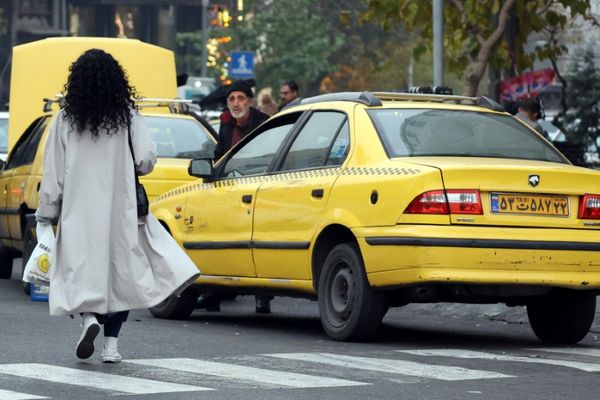
You can’t separate Britain’s parlous state and Rishi Sunak’s latest bungled attempt to escalate the “stop the boats” campaign. No British government in democratic history has presided over such an acute period of national decline. The average Briton is set to be no better off in 2026 than they were in 2008, and the poorest fifth are more than 20% poorer than their French and German counterparts.
Economic growth has been weak, and there has been an unprecedented slowdown in the nation’s productivity levels. Hospital waiting lists are at record highs, multiple housing crises chew at our living standards and security, and privatised infrastructure – from our creaking trains to our leaking water pipes – offers a service you’d expect from a much poorer country, all at rip-off prices. The social hubs that rescue us from isolation are being wiped off the map, from libraries – nearly 800 closed in the 2010s – to nightclubs – a third have vanished in the past three years alone. Our town centres are becoming deserts of shuttered windows, pound shops and US candy stores.
In these circumstances, it is perhaps understandable that a Conservative prime minister will desperately reach for a big red button labelled “immigration”. Having manufactured the phenomenon of refugees arriving in small boats by closing down safe and legal routes, the Tories believe the sight of desperate, dishevelled foreigners clambering on to British shores will deflect public anger away from the country’s multiplying crises. And that, in large part, is why we’re in such a grave mess in the first place.
Throughout their ruinous turn in power, the Tories have sought to blame migrants for problems directly caused by government policy. When David Cameron was prime minister, he endorsed the claim that immigration was a “constant drain” on public services. His home secretary, Theresa May, moulded her political career around scapegoating migrants, falsely claiming she couldn’t deport one “illegal migrant” because he owned a cat, and arguing that new arrivals had “put pressure on public services, like schools, stretched our infrastructure, especially housing”. Given her government’s slashing of public services – including per pupil funding in schools – and failure to build housing, this conveniently turned migrants into the Tories’ human shields.

But the Conservatives did succeed in inflaming popular passions against a demonised foreigner blamed for sapping public services, making immigration a top priority for 44% of voters by 2015. By doing so, they ensured a victory for leave in the referendum of 2016, paving the way for a Brexit that has achieved nothing other than further reducing growth and living standards, leaving 63% of Britons to conclude Brexit was more of a failure than a success, with just 12% suggesting the opposite. The historical moment underlines a political truism: it is politicians seeking to blame foreigners and minorities for society’s ills who pose the greatest danger to a nation.
This tragic historical fact was most devastatingly illustrated in 1930s Germany, culminating as it did in genocide, but it doesn’t need to be taken to such an extreme conclusion to inflict harm. Donald Trump rose to power, in part, by demonising Muslims, but no minority in the US represents any sort of threat to a now embattled democracy, unlike the far-right movement he stirred up. Witness the decline of Hungary and Poland into autocracy, pioneered by political parties that built popular support, in significant part, by demonising migrants. Rational, factually grounded fears shouldn’t be directed at migrants and minorities, but at politicians who seek to gain power by blaming them for the ills and injustices they caused.
There are reasons to doubt that Sunak’s morally debased campaign will succeed: attitudes towards immigration have improved, with only 9% of voters regarding reducing it as a top priority, and the country’s crises are too calamitous to shift the blame from the ruling party. But as we witness Britain’s decline to the status of a poor country with a few rich people in it, we must surely conclude that the Tory scapegoating of migrants played a pivotal role in our nation’s social and economic descent.
For many years, a significant chunk of the electorate were convinced by claims that migrants really were responsible for soaring NHS waiting lists, strained local schools, the absence of affordable housing, and all manner of other social disorders. That deflected scrutiny away from the real causes, leaving the sickness untreated. Will we finally learn, I wonder, that it’s those who demonise fellow humans from foreign lands who pose the greatest danger, not those who flock to our shores and enrich our communities, culture and lives.
Owen Jones is a Guardian columnist
Do you have an opinion on the issues raised in this article? If you would like to submit a response of up to 300 words by email to be considered for publication in our letters section, please click here.







